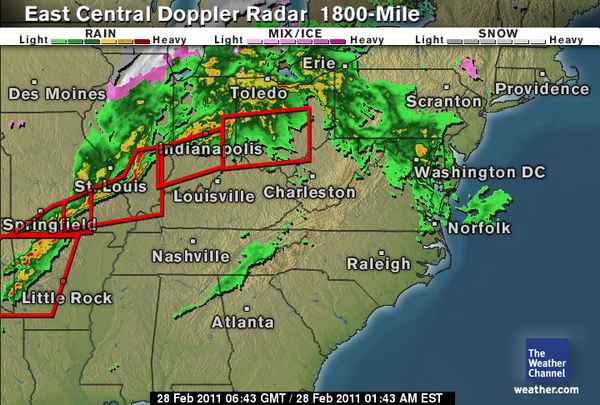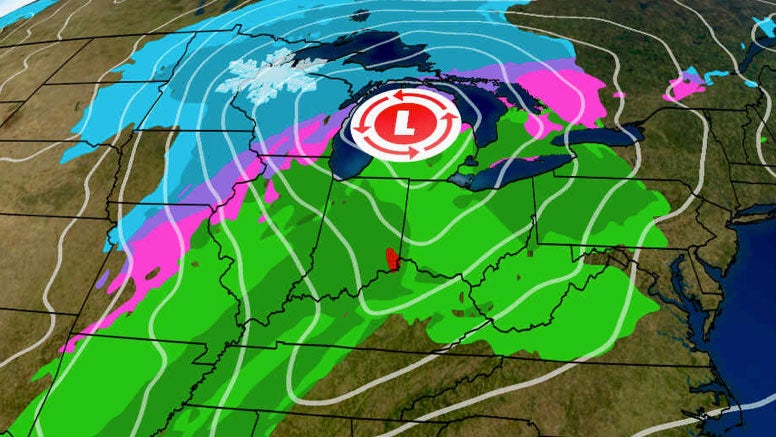

"Check out those warm-water sloughs and sections of rivers that normally won't freeze unless things get really cold for a number of days." "Super-cold temps can make for great hunting in some areas that haven't seen a duck or goose on it in months," says Bailey, who splits his time between hunting the waters of the North Platte River and the grain fields of Nebraska. In order to get away from the crowd, Bailey suggests scouting areas that may have been off everyone's radar for some time. The problem, says Avery Pro-Staff Member Troy Bailey, is that hunters tend to congregate there too. It is no secret that cold temperature will cause waterfowl to congregate in the last remaining stretches of open water, often in staggering numbers. Once they've arrived, Humburg says that migrating waterfowl will immediately seek out food sources to replenish fat supplies burnt up while moving south, meaning that feeding areas should become a prime focus for hunters. He explains that hunters should be watching for sharp dips in temperature, periods of high wind and patterns of high and low pressure in portions of the flyway that feed birds into your hunting area. "There's no substitute for a little homework and scouting, and in this day and age with Internet weather reports, there's no reason to be caught by surprise by changing weather," Humburg says. Humburg says a hunter's best bet is to just keep track of weather conditions.

Large-bodied waterfowl like mallards and Canada geese are built to withstand colder temperatures and snow, allowing them to stay north longer than smaller ducks and geese.īut eventually, says past DU Chief Scientist Dale Humburg, even the hardiest of waterfowl are going to respond to the lack of available food and water. Here are five facts about late-season waterfowl that can help keep your hunting hot when the weather gets cold. The weather conditions, sometimes extreme, play a much greater role in waterfowl activity this time of year, and hunters who understand these behavioral impacts have greater chances for success. Wintry conditions can offer spectacular waterfowling.


 0 kommentar(er)
0 kommentar(er)
